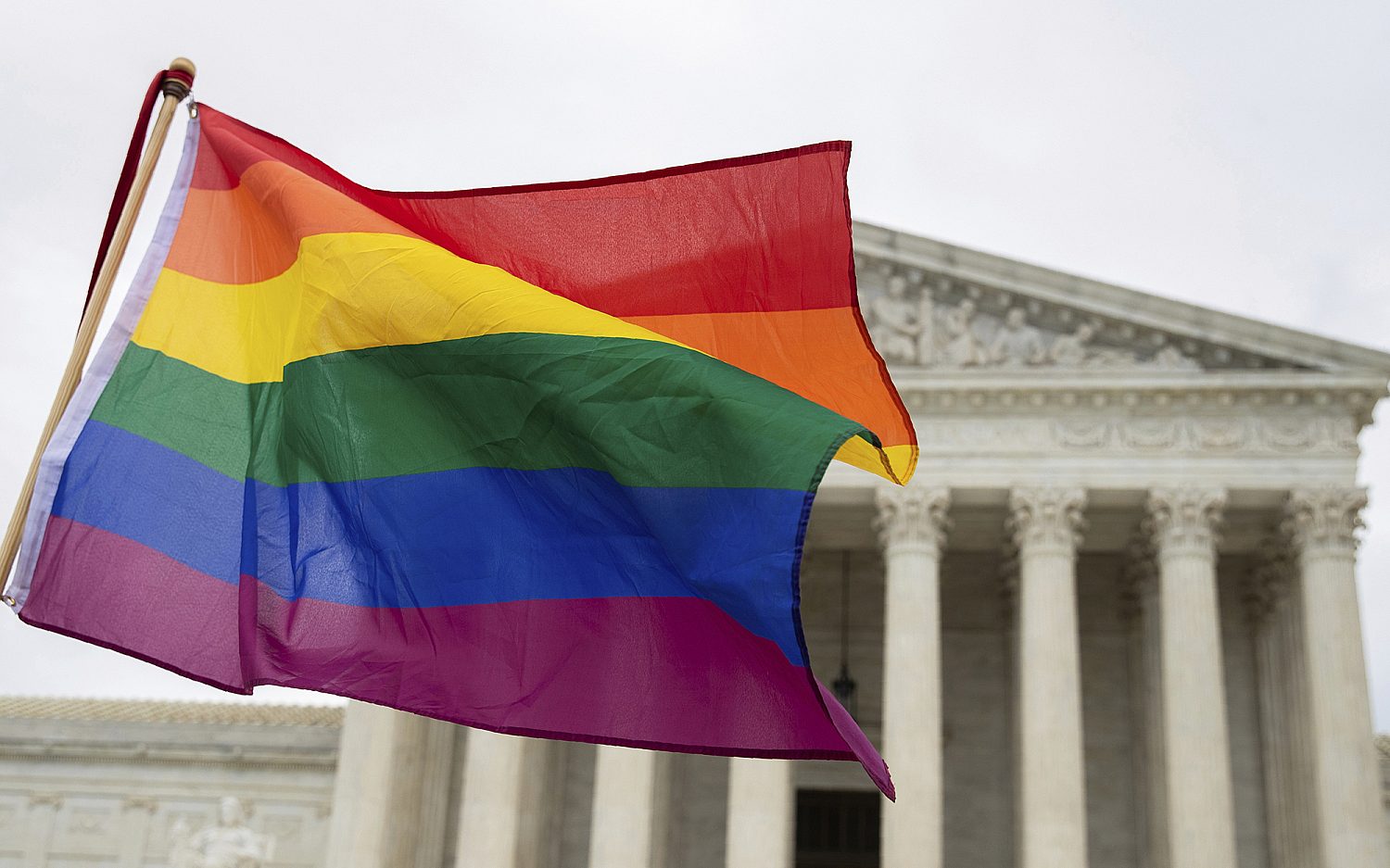Dzhokhar Tsarnaev and the federal death penalty
A death sentence hangs over 21-year-old Dzhokhar Tsarnaev after a federal jury in Boston condemned him two weeks ago. The same panel convicted Tsarnaev on all 30 charges against him for his role in the 2013 Boston Marathon bombing.
His lawyers never disputed the young man’s actions or the carnage that resulted: Three people dead, 17 maimed, and 240 seriously injured. But how can a man be sentenced to death for a crime he committed in the state of Massachusetts, which banned capital punishment more than 30 years ago?
The short answer is he was charged and convicted underfederal law, which permits the death penalty. But it is far froma simple process.
Death penalty cases have two phases. The first phase asks, “Did he do it?”— a factual question. The second phase asks a moral question: “What does he deserve?”
“They’re concerned with who he is as a person,” said Robert Blecker, a professor at New York Law School and the author of The Death of Punishment: Searching for Justice among the Worst of the Worst. “Not only with what he did, but who he is. And, to some degree, who he’s likely to become.”
Federal law allows capital punishment under very limited circumstances.
“Not even all first-degree murderers qualify for death,” Blecker said. “The guidance comes when the legislature enacts a statute that specifies certain aggravating circumstances, at least one of which must be proven, and it must be proven beyond a reasonable doubt, and it must be proven unanimously to the jury.”
The jury considers both aggravating and mitigating circumstances to decide whether death or life in prison is warranted. Aggravating circumstances might include whether there were multiple victims or vulnerable victims, such as children, how premeditated and planned out the attack was, or the nature of the attack’s location.
Then the jury considers mitigating circumstances. In Tsarnaev’s case, “the key mitigating circumstances are and were his relative youthfulness, that when he committed this crime he was 19 years old, and the domination by his older brother. And then there was also lack of prior criminal record or record for violence. And then there are also other mitigating circumstances—broken family, difficulty adjusting to a new country, etc.,” Blecker said.
The defense’s main strategy in the penalty phase was to blame everything on Tamerlan Tsarnaev, Dzhokhar’s older brother. He was run over and killed by Dzhokhar accidentally during a shootout with police.
Dzhokhar Tsarnaev’s attorneys are all but certain to appeal his death sentence. And there are three grounds on which to make such an appeal. First, the judge refused to allow for a change of venue, a different place to conduct the trial. Second, the judge did not tell the jury he would have to give Tsarnaev life in prison if the jury could not decide unanimously on a punishment. The defense could claim those instructions might have made a difference to a juror who didn’t want the death penalty. The other 11 jurors might have pressured one into avoiding a hung jury because he or she didn’t know life in prison was the only other option by law.
Blecker doesn’t think those two grounds will succeed. Judges have discretion to do either of those things.
A third reason for appeal could be that too much emotion was allowed at trial.
“The defense is likely, on appeal, to say that the judge allowed too much evidence, that there was too much testimony by the victims, and that it had a cumulative and illegitimate emotional impact,” Blecker said. The Supreme Court once ruled against “victim impact” information, but later reversed that decision.
The formal sentencing phase has yet to be scheduled. Tsarnaev may use that time to express remorse, something he did not do at trial. He choked up when his aunt became overwhelmed and upset during her testimony, but Blecker said that is not the same as remorse.
“There’s a difference between remorse and regret. Even though the two are often conflated and confused. Almost everyone regrets it. But few feel genuine remorse. And there is that difference,” Blecker said. If Tsarnaev expresses remorse at the formal sentencing hearing, even if he fakes it, that could be a last-ditch effort to get clemency years from now from a future president, just before Tsarnaev is scheduled for execution.
Listen to Mary Reichard’s report analyzing Dzhokhar Tsarnaev’s death penalty verdict on The World and Everything in It.
An actual newsletter worth subscribing to instead of just a collection of links. —Adam
Sign up to receive The Sift email newsletter each weekday morning for the latest headlines from WORLD’s breaking news team.





Please wait while we load the latest comments...
Comments
Please register, subscribe, or log in to comment on this article.